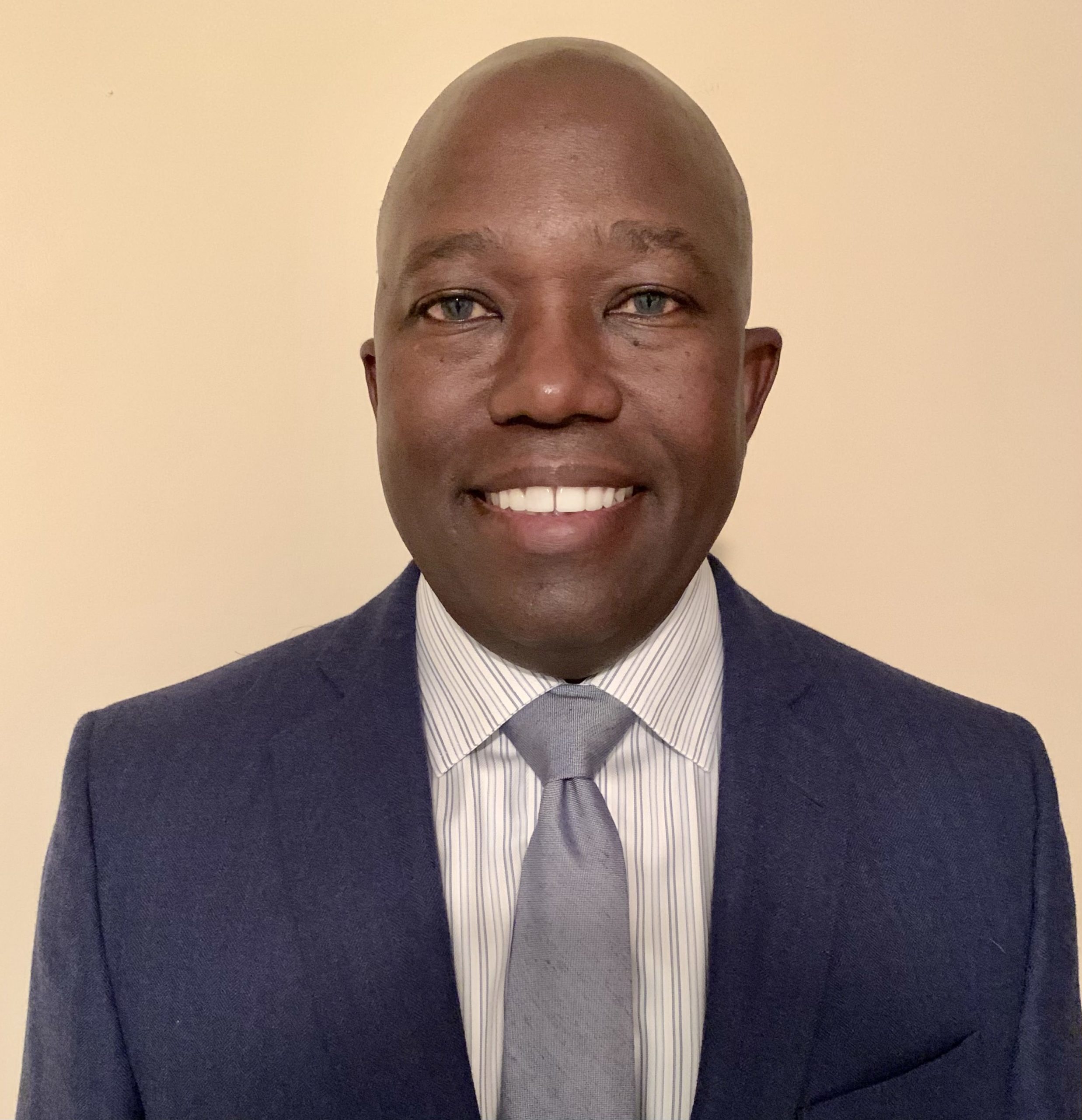
Happy Holidays
Season’s Greetings
Happy Holidays to our members, partners, supporters, and friends!
This past year has been nothing short of historic for us, and it is your unwavering dedication and passion that have propelled us to new heights. Our vision—to increase our membership, deepen our partnerships, and amplify our influence—has not only been met but surpassed, setting a powerful foundation for us in 2026. I am looking forward to sharing the inspiring details during my State of the Association Message in February 2026.
Monumental Milestones: Our Journey Forward
Together, we have achieved three monumental milestones that will shape our journey forward:
- Strategic Planning Committee: In February 2025, we established a visionary Strategic Planning Committee led by retired CAPT Tom Abernethy. This dedicated team has charted a bold course for NNOA, developing a long-range plan with sustainable Lines of Effort that will drive transformative progress throughout every level of our organization.
- EMilitary-Mentoring (EMM) Summit: February also marked a pivotal shift as we transformed our traditional symposium into a dynamic Summit focused on mentoring, coaching, and supporting the transition from active duty. Thanks to the visionary leadership of retired Captain Mary McAdams, Ed.D., our IT team led by Kwan Hurst, the Veterans Affairs Team led by retired Captain Don Nesbit at Navy Mutual, and retired CDR Ernie Taylor and retired Captain Pat Williams USN at MOAA, this Summit showcased our ability to innovate and leverage technology while remaining true to our core mission of empowering officers across our all-volunteer sea services.
- NNOA Foundation: This year also saw the establishment of the NNOA Foundation, our 501(c)(3) organization dedicated to fueling our mission through strategic fundraising. Under the passionate guidance of retired CAPT Tony Swain, our Foundation stands as a beacon of hope and support, ensuring the enduring success of NNOA’s vital work. For ways to contribute to this exciting endeavor, please refer to his separate note by clicking here.
As we reflect on these achievements, we reaffirm our commitment to supporting the recruitment, retention, and career development of a professional officer corps that will lead with honor and excellence.
In closing, 2025 has been a year of remarkable triumphs and steadfast resilience. Together, we have met every challenge head-on and emerged stronger, ready to embrace the opportunities ahead. Thank you for your relentless dedication—let us carry this momentum into 2026 and beyond. Stay focused, stay strong, and stay blessed as we continue to press forward with unwavering resolve!



